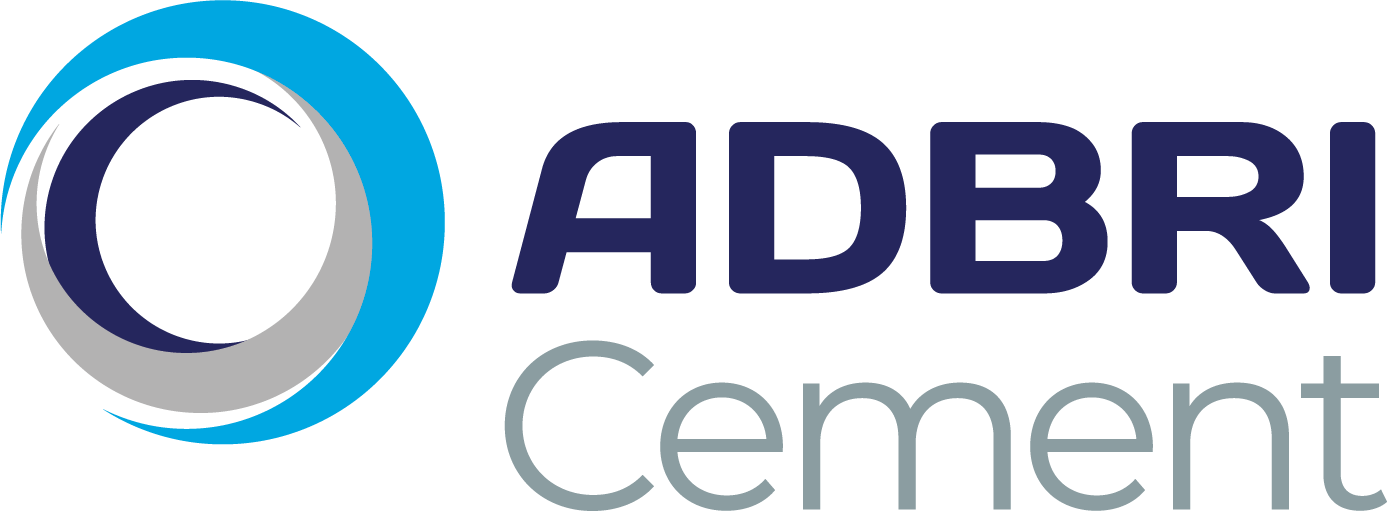Kiln Refuse Derived Fuel
Kiln RDF: Continuing the success of ABC’s alternative fuels
At our Birkenhead facility, we continuously seek to find ways to improve the sustainability of our cement manufacturing operations. We are proposing to build on the success of our Alternative Fuels and Raw Materials (AFRM) program by introducing RDF into our Kiln process.
The Kiln RDF project will build on the success of our Calciner RDF, which has been safely used as an alternative fuel at Birkenhead since 2003. It involves further reducing our fossil fuel reliance by introducing RDF sourced from municipal solid waste into the Kiln process at our Birkenhead facility.
By transforming unrecyclable materials into a resource for the cement industry, we can give new life to some of our community’s most difficult to recycle materials, helping with Australia’s transition to a circular economy.
Key facts
- We are proposing to further reduce our reliance on fossil fuel and raw materials by replacing natural gas and some of the mined materials in our kiln process with RDF. This well-established method of sustainable cement production is known as co-processing.
- This new RDF will be sourced from municipal solid waste (MSW), which, in line with the waste hierarchy, has had all recoverable material removed before it is used as an alternative fuel and would otherwise be sent to landfill.
- MSW mainly consists of non-recyclable plastics, packaging materials, paper, textiles, and other material found in domestic and municipal waste.
- New equipment and infrastructure will be required to receive, store, and handle the Kiln RDF. This includes the construction of an unloading and transfer system, alterations to the existing kiln building, and a new kiln burner to optimise the combustion of the Kiln RDF.
- Kiln RDF will not proceed without completing a rigorous approvals process through the EPA, which involves meaningful engagement with our community.
Kiln RDF benefits
- ABC has successfully used RDF as a fuel source in the Calciner for 21 years to divert 2.7 million tonnes of materials from landfill and reduce our natural gas reliance by 40% and oxides of nitrogen (NOx) emissions by 25%
- Kiln RDF will help us to transform an additional 25,000 tonnes per year of the community’s waste and further reduce our reliance on fossil fuels: conserving enough gas to power more than 32,000 South Australian homes each year.
- Introducing additional RDF progresses us towards our target of achieving 50% alternative fuel use by 2025.
- As well as helping us improve our environmental and sustainability performance, the use of RDF also offers us economic benefits that keep our facility competitive. As a result, they help us to remain as a key jobs provider and member of the community at Birkenhead.
Approval process
Each step of our alternative fuels journey has involved extensive engagement with the South Australian Environment Protection Authority (SA EPA) and our local community. Introducing Kiln RDF will require further approval from the SA EPA.
As part of our approval for Kiln RDF, ABC are
- Assessing and working with the SA EPA to determine the safest and most representative approval process for Kiln RDF. This will include drawing on the experience and knowledge from many cement kilns worldwide that currently consume this fuel with no increased risk to safe operating limits. It may also include undertaking desktop modelling, known as a materials balance assessment, to trial the use of RDF in our Kiln and understand its effects on stack emissions, and on-site stack testing to confirm these effects.
- Undertaking additional assessments for traffic, noise, and odour to understand any further changes to our operation.
- Engaging independent specialists for these assessments to ensure a high certainty that when the program begins there will be no adverse impacts on our community or the environment.
- Sharing our results with the SA EPA for rigorous evaluation – Kiln RDF will not proceed if there is any risk of exceeding safe limits.
- Regularly communicating the detailed results of our trials at each stage with our community.
Importantly, the use of RDF in kilns is well established in the cement industry worldwide, providing substantial experience to draw upon to demonstrate that the environmental performance of the proposed fuel and equipment will comply with all relevant legislation and SA EPA requirements and improve our overall environmental performance.
Sign up to receive updates on the Kiln RDF project
Community engagement
We are proud of the Kiln RDF program and want to share this with the community to demonstrate our commitment to improving our environmental performance.
We have established this dedicated Kiln RDF web page to provide our community with an up-to-date resource on the Kiln RDF project. You can also browse the Frequently Asked Questions to learn more about Kiln RDF and our broader alternative fuels program.
This page will have the latest information on Kiln RDF, including our engagement and communications activities. You can also register to be notified of website updates and to be given advance notice of relevant EPA approval activity.
Learn more about Kiln RDF from our Frequently Asked Questions
